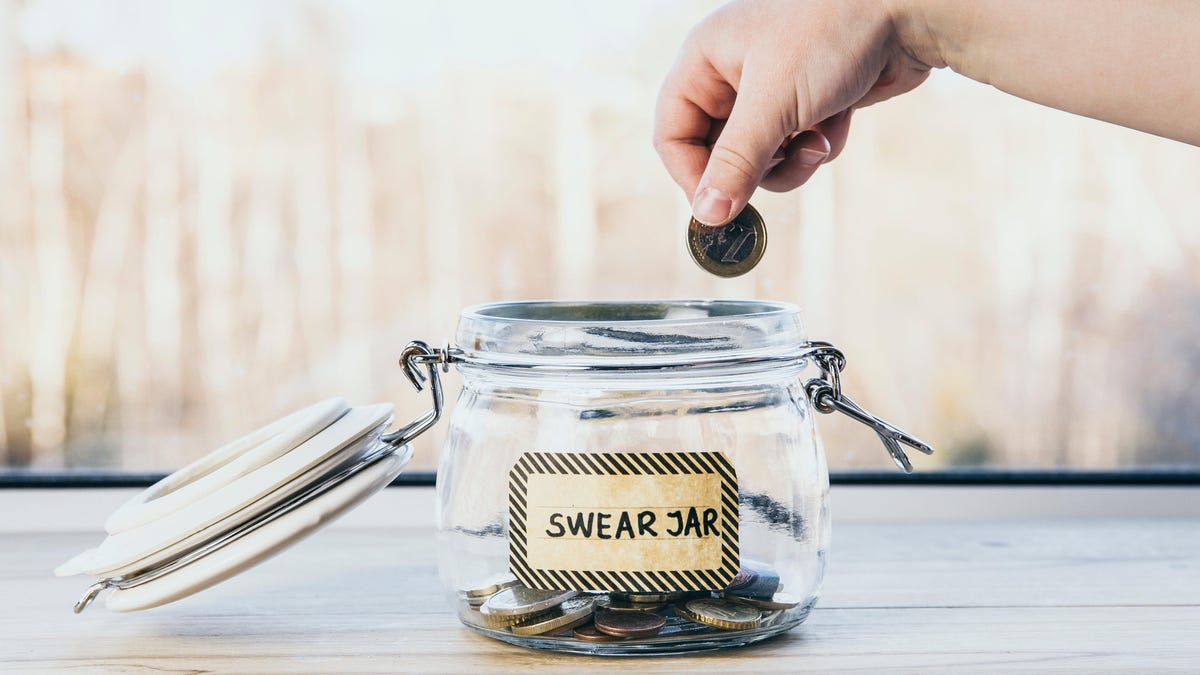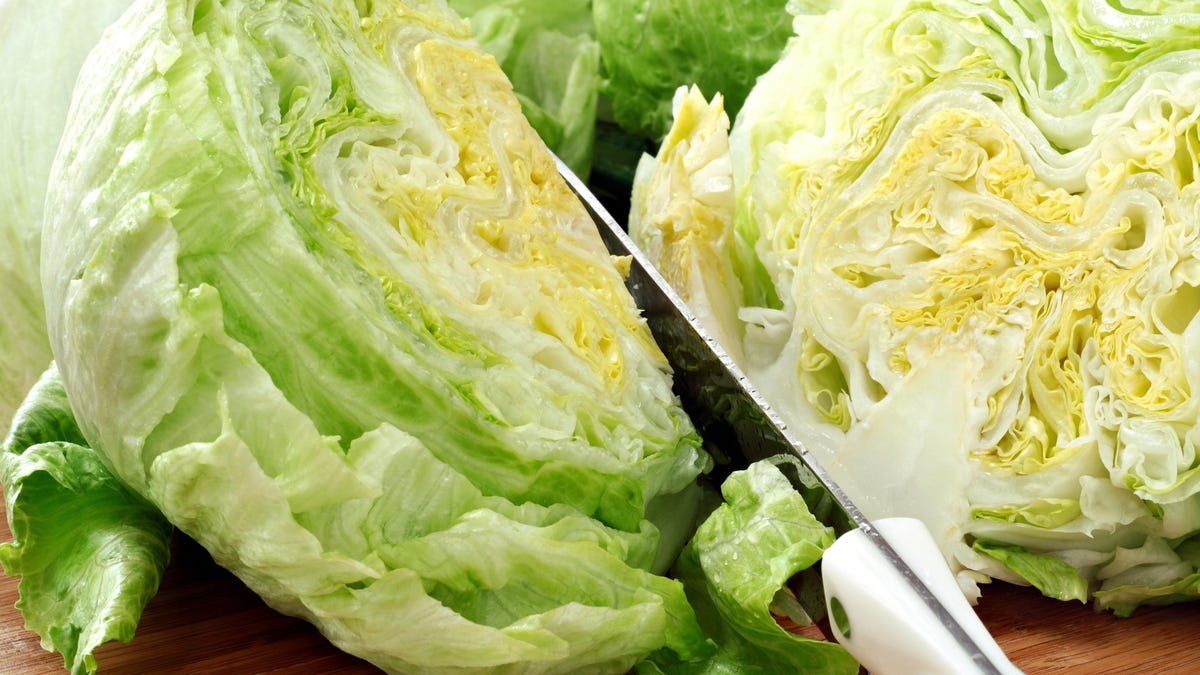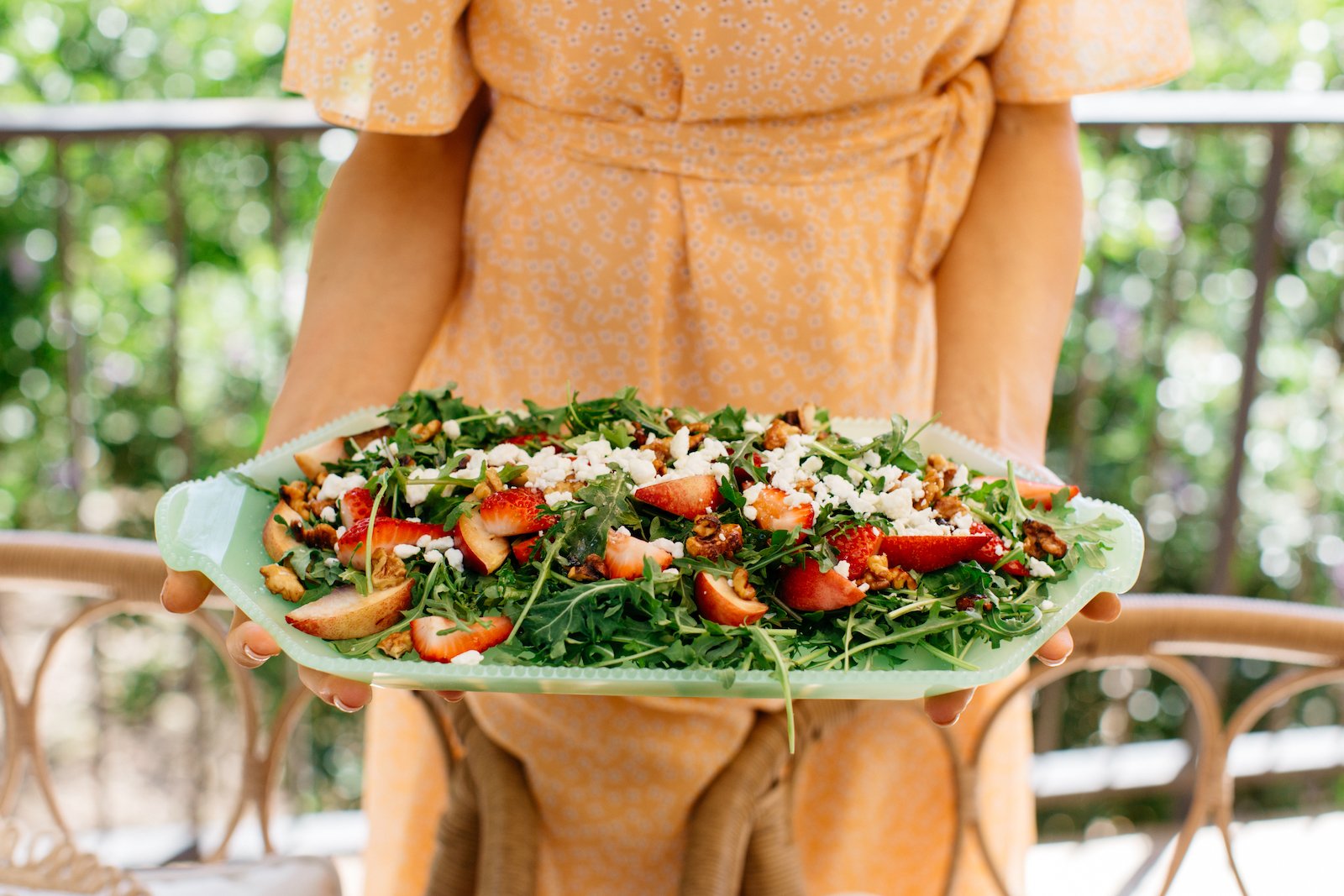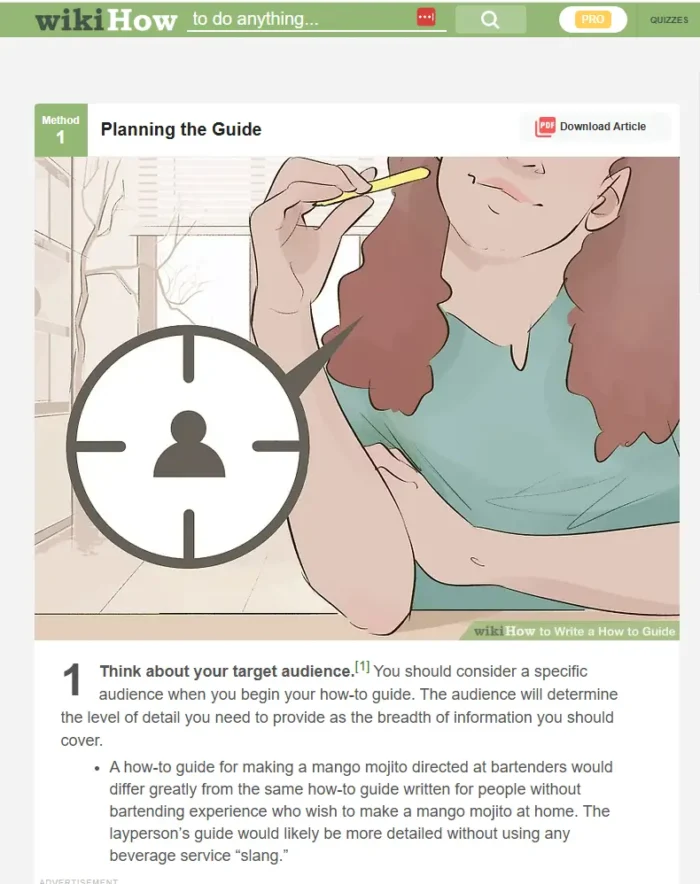Should You Play This ‘Swear Word Alphabet’ Game With Your Kids?
TikTok creator and mom to, as it says in her bio, a “girl gang” of seemingly endless tween blondes, Fiddely_MomJess, posts videos of her and her daughters playing this “bad word alphabet game.” Some people think they’re hilarious, while others...


Photo: FotoHelin (Shutterstock)
TikTok creator and mom to, as it says in her bio, a “girl gang” of seemingly endless tween blondes, Fiddely_MomJess, posts videos of her and her daughters playing this “bad word alphabet game.” Some people think they’re hilarious, while others are saying she’s being irresponsible.
What is the ‘bad word alphabet’ game?
In the videos, Jess says she plays these games with her kids when they’re in a bad mood to help them feel better. She says it helps them “get swearing out of their systems” in the safe space of home or in the car instead of doing it at school. Some hateful words, like the n-word, are completely off limits, but many, including a lot of words that would garner an R-rating on a movie, are fair game.
Jess also says she plays the games with her kids so she can learn the latest in dirty-word lingo and also, to check her kids’ understanding. In this video, when one kid uses the term “wet dream,” Jess finds out her kid does know the term, does not know what it means, and says they’ll clarify the meaning later. This conversation would likely not have come up without the game.
Should you let your kids swear?
She, understandably, gets a lot of hate from commenters calling her a bad mom and saying that her kids are going to get suspended or grow up “wrong” somehow. She addresses these comments directly or sometimes with the help of her kids, talking about how her kids know the time and place for their game. The hope, she postulates, is that saying all the words at home with Mom demystifies the swears and even, maybe, makes them less fun to say. Is she right?
“Research has shown that there is a significant correlation between parental use of swear words and subsequent swearing of children,” says Dr. Bill Hudenko, Global Head of Mental Health at K Health. He says that when it’s “sanctioned directly or indirectly by parents that children are more likely to use vulgar language,” so “the use of this game is more likely to increase the child’s use of swearing as opposed to decreasing it.”
However, better the devil you know, perhaps? (We have our own guide on how to teach your kid when it’s OK to curse.) The problem with making something taboo is that, when it’s done in secret, it’s often done incorrectly, like the daughter who knew that “wet dream” might be a “swear” (it’s not) but didn’t know what it was. Kids will be exposed to words at school or in the community, so finding ways to check their knowledge at home without them rolling their eyes at you might work for you.
Other ways to teach kids about bad words
If you have younger kids who may not have the impulse control in place to keep this game off the school playground, or if this game is not to your taste, there are other ways to make sure your kids are getting the correct information when it comes to “dirty” words.
Hudenko says, “it is helpful to establish an open line of communication with your child to allow them to ask questions.” Try not to impose judgment on words. When your kid says something or asks something, try to be curious, not judgmental, even if you worry they’ll get in trouble for saying or thinking what they said.
“If it is a term or concept that the child is not developmentally prepared to understand, consider converting the topic to child-friendly terms that are more easily understood,” Hudenko says. “This helps you to lay the foundation for a more robust conversation when the child is ready, while also encouraging the child to only use terms that are appropriate for the right context.”
Any important conversation with kids is one you’ll have to have a few times, each time with increasing complexity. Teaching our kids about the limits of language and the proper usage of it is an important conversation to have again and again as they grow and mature.

 UsenB
UsenB 
































